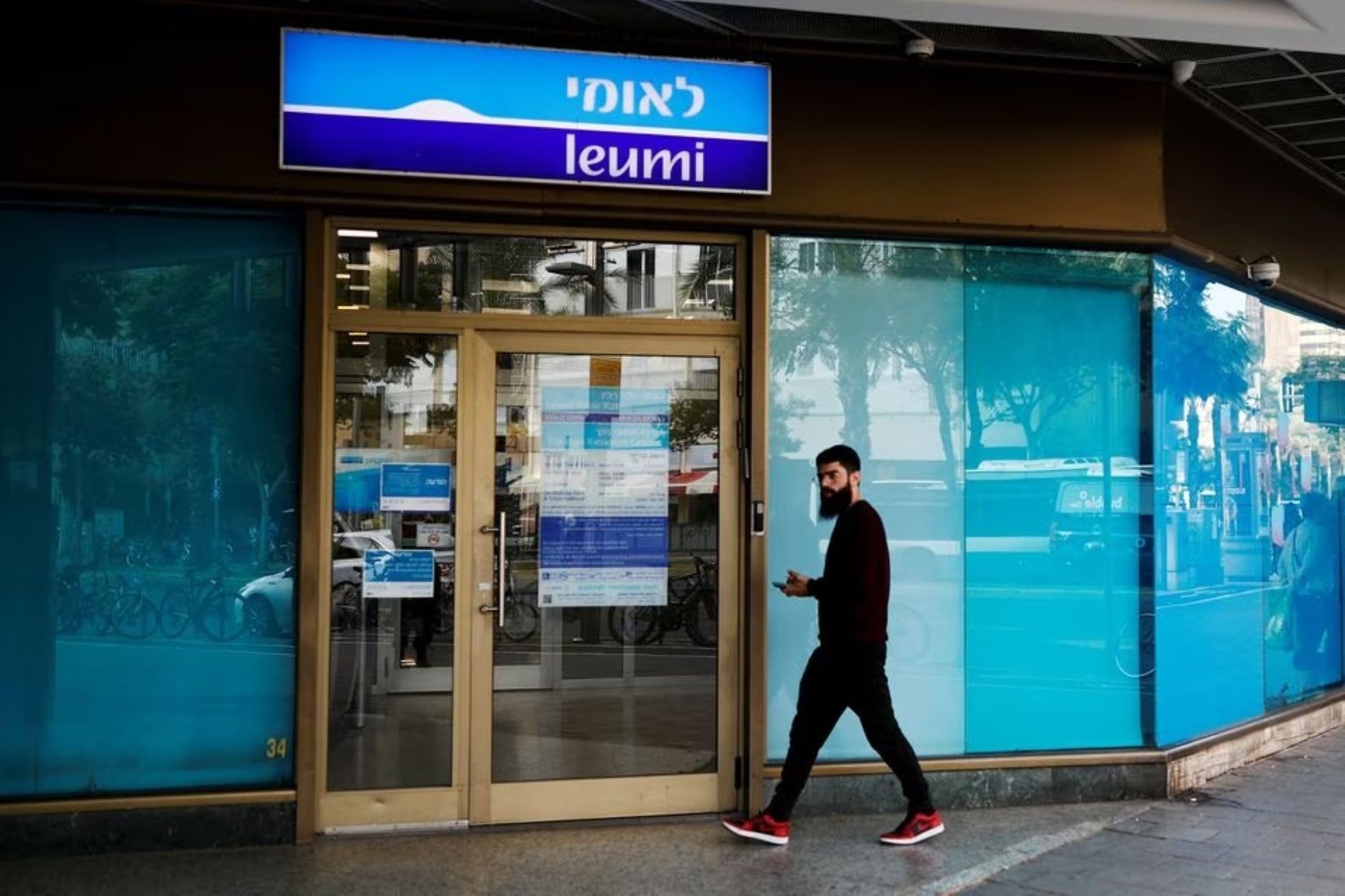In recent months, there has been a growing consensus among financial experts that the Israeli stock market is poised for a significant rally. However, despite these optimistic forecasts, the market has yet to deliver the anticipated gains. While Wall Street’s S&P 500 index has surged by an impressive 12% since the beginning of the year, the Tel Aviv 35 Index has managed a modest rise of only about 4%. Concurrently, the banking sector, represented by the Tel Aviv Banks Index, has also been underperforming.
The Performance of Israeli Bank Stocks
Traditionally, Israeli bank stocks have been regarded as relatively safe investments. They are typically priced lower compared to their European and American counterparts, are seen as financially stable, and offer substantial dividends. Despite this, the recent performance of major Israeli banks has been less than stellar.
First-quarter results for three of Israel’s largest banks—Hapoalim, Mizrahi Tefahot, and Discount—revealed a decline in net profits and return on capital compared to the previous year. Nevertheless, these banks still reported robust figures, including double-digit returns on capital and substantial dividend payouts. For instance, Mizrahi Tefahot is set to distribute a dividend of approximately half a billion shekels, while Hapoalim will distribute 775 million shekels. These distributions follow the routine policy of distributing 40% of net profits.
The Influence of Foreign Investors
Bank shares are often seen as a barometer of the broader economy, and the Tel Aviv Banks Index’s performance, down about 2% since the start of the year, is a telling indicator. A significant factor behind this decline is the behaviour of foreign investors. In recent months, foreign investors have been selling off shares in Tel Aviv, resulting in tens of billions of shekels’ worth of transactions. These foreign investors have largely been replaced by institutional investors, which has influenced the pricing of bank shares.
Rising Economic Risks
Beyond the stock market and banking sector, the broader Israeli economy is facing heightened risks. The risk premium on the Israeli government’s ten-year CDS bond, which reflects the perceived risk of the government failing to meet its obligations, has doubled since the outbreak of recent conflict. It now stands at 153 points, the highest level in over a decade. This elevated risk premium highlights the increased uncertainty surrounding Israel’s economic stability.
While there remains a degree of optimism among experts about a potential rally in the Israeli stock market, current indicators suggest a more cautious outlook. The modest gains in the Tel Aviv 35 Index, the underperformance of the banking sector, and the heightened economic risks collectively depict a market in flux. This environment is certainly not for the fainthearted. However, despite the volatility, which is often unwelcome by the average investor, the long-term perspective indicates that maintaining investments in Israel is still a worthwhile endeavour.
Main article photo: Bank Leumi in Tel Aviv. REUTERS Corinna Kern





0 Comments